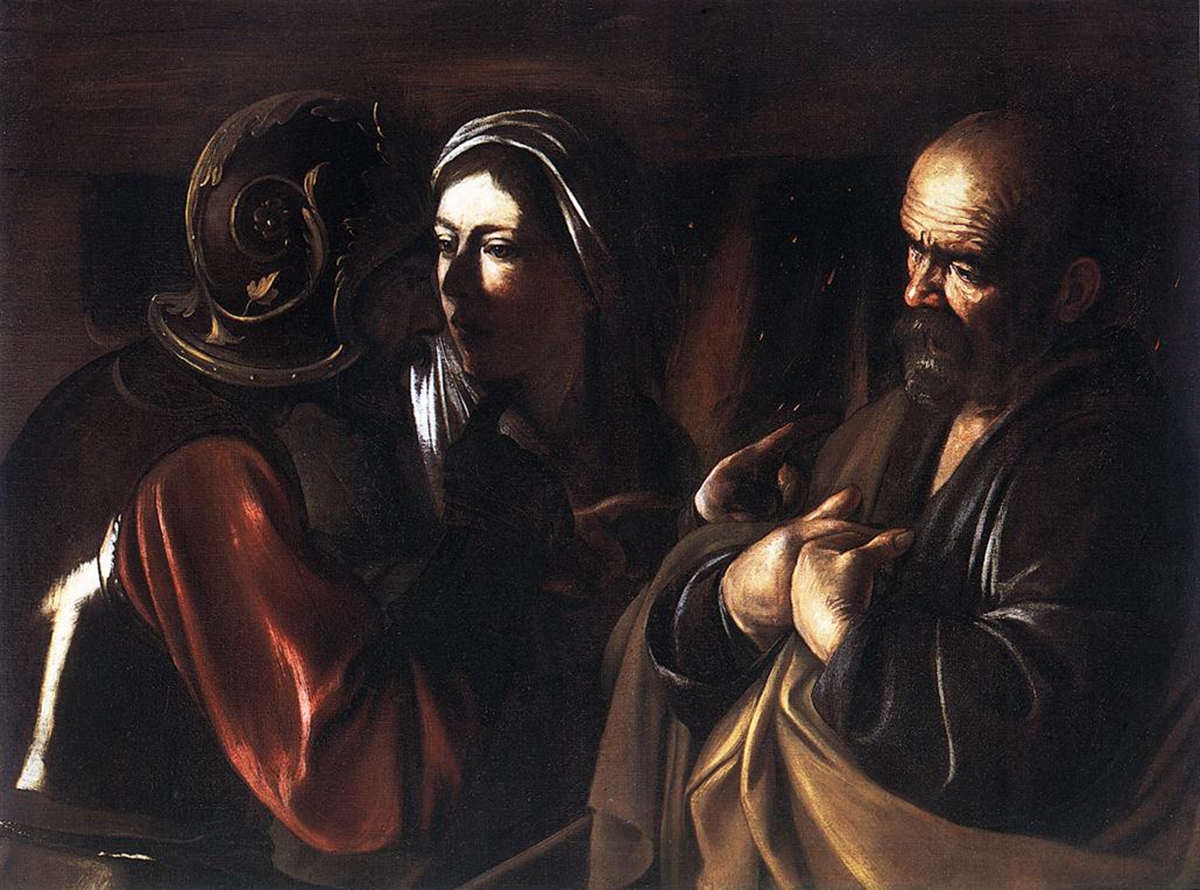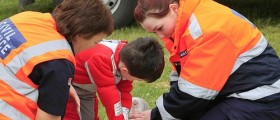
Traumas as Social Interactions
Whena person goes through a traumatic experience such as abuse, disease, loss of a loved one and other forms of trauma and life altering setbacks, it is said that he or she goes through a course of what is widely known as the Kübler-Ross Stages of Grief: denial, anger, bargaining, depression, acceptance, Kübler-Ross; but in this article we will be dealing with a simpler, different model which applies to the same situation. It is because of the victim's experience's incompatibility with the ones of his surrounding's society members' that makes it possible to recognize and crystallize these stages.
For simplicity's sake, we will explain these stages with one of the most extreme examples everyone's had to or will eventually have to deal with, in mind: the loss of a loved one.
DENIAL– "It never happened."
Theevent which has come to pass is so sudden, so alien to the subject and consequences so unacceptable that there is just no way of wrapping one's conscience around them. The only defense mechanism available is to lose touch with the experience one has suffered, to cut them off completely and deny oneself they have ever come to pass – as opposed to the people of the person's surrounding which may be quite capable with dealing with the same loss. This kind of gap between different people's experiences may only make the human psyche's desperation move to remain sane all the harder and the healing process slower and more painful. On the other hand, the surrounding people may not be able to understand the victim's emotions, and will in turn tend to mock or trivialize them – which only further hinders any chance of healing.
HELPLESSNESS – "I could not possibly go on like this."
Eventuallythe victim crashes into reality and is then unable to either understand or deal with it otherwise, such as previously via denial. He or she ends up in a state of utterly humiliating helplessness often accompanied by feelings of debilitating fatigue and mental disintegration. With feelings of finiteness, meaninglessness, negligibility and powerlessness, utterly shattered and met with zero compassion from the people from his or her life, the victim pulls it all in and completely internalizes these emotions.
DEPRESSION – "It's over."
Ultimately,the more the victim attempts to deal with the problem, the worse off he or she is: "There is just no way around this." Depression is in actuality a little more than self-directed anger. The victim is beating oneself up over things he or she has no control over, but is still unable to – and most likely never will be able to – accept them entirely, as the sorrow's source is too abstract to be tackled directly.
Thevictim becomes helpless and adrift. Ultimately, growth and healing relies heavily upon social interactions, so the closing gap between the way the surrounding members have experienced the trauma as opposed to how the victim has, is the trigger of the healing process.











_f_280x120.jpg)





Your thoughts on this
Loading...